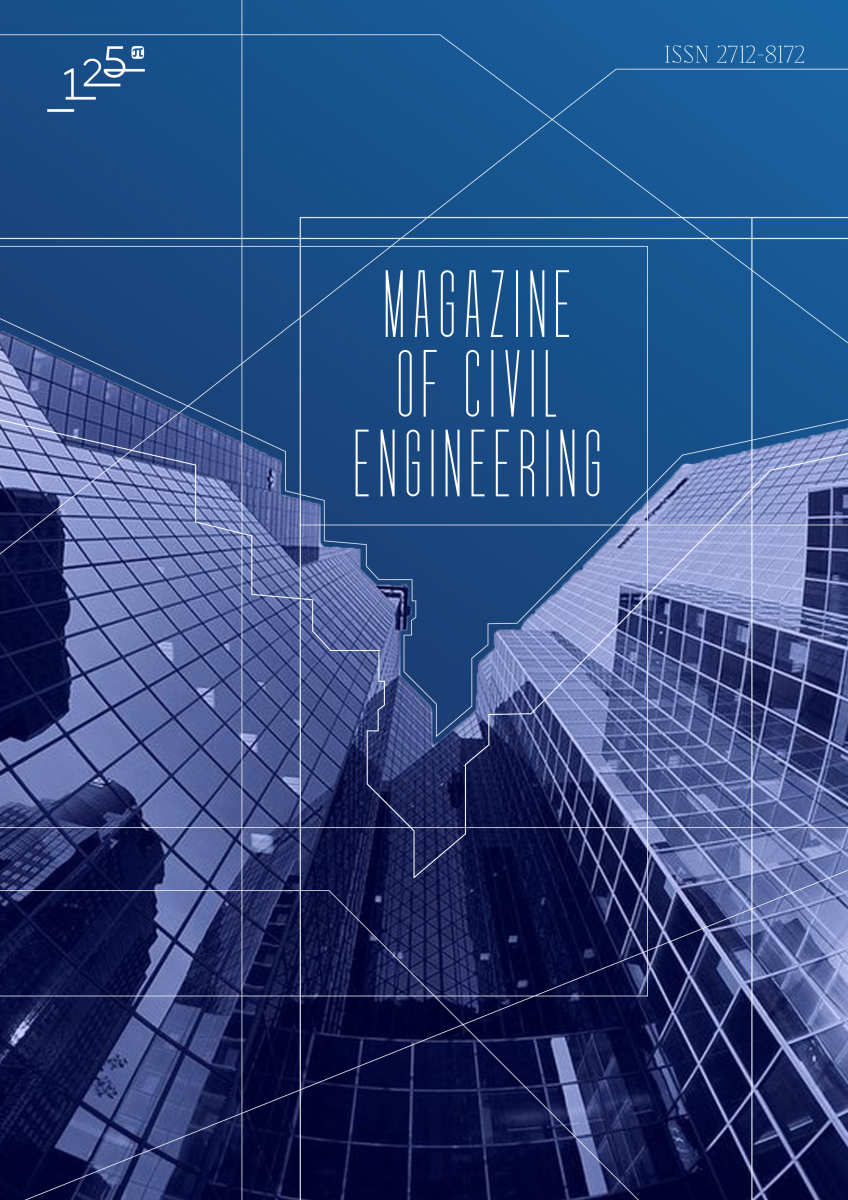Artificial intelligence models for determining the strength of centrally compressed pipe-concrete columns with square cross-section
The article is devoted to the development of machine learning models for predicting the ultimate load during central compression of concrete-filled steel tubular (CFST) columns with square cross-section. Artificial intelligence is currently widely used in data processing and analysis, including data on the load-bearing capacity of building structures. The use of machine learning models can become an alternative to the empirical formulas from current building design codes. The models built by artificial neural networks are based on four different architectures: cascade forward backpropagation network, Elman neural network, feedforward neural network and layer recurrent neural network. The models were trained on synthetic data obtained as a result of finite element analysis of CFST columns in a simplified formulation with varying input parameters. The input parameters of the models were the outer cross-sectional size, wall thickness, concrete compressive strength and steel yield strength. The difference from previous works is the large size of the dataset, which amounts to 22308 samples. This dataset size allows to cover the entire currently possible range of changes in input parameters. The trained models showed high performance in terms of mean squared error. The correlation coefficients between predicted and target values are close to one. The developed models were also tested on experimental data for 123 samples presented in 15 different works. The best agreement with experimental data was obtained using the layer recurrent neural network model.


